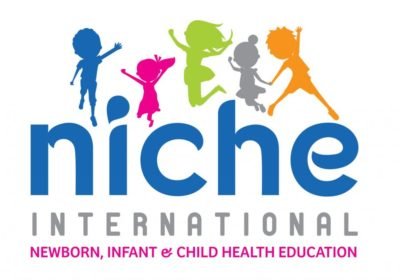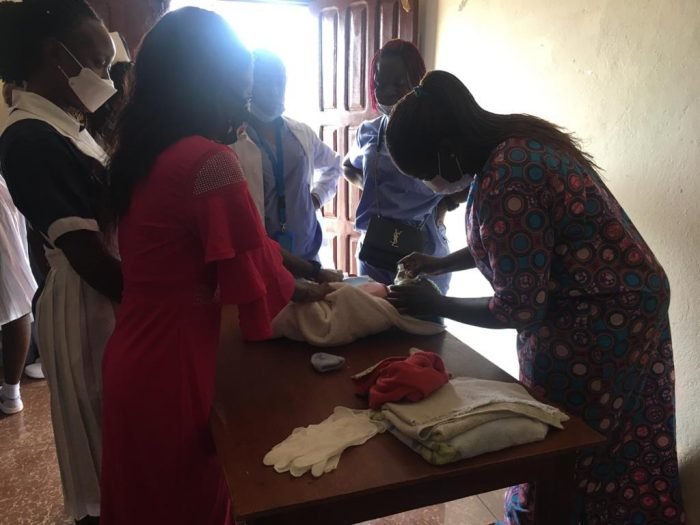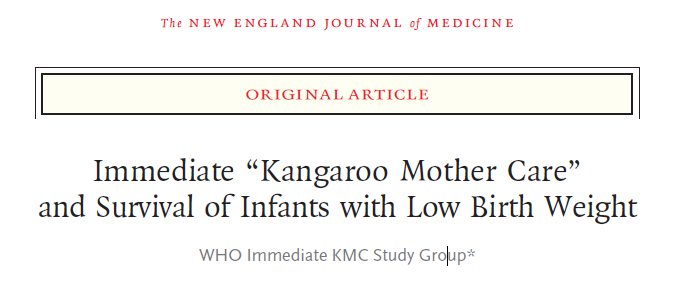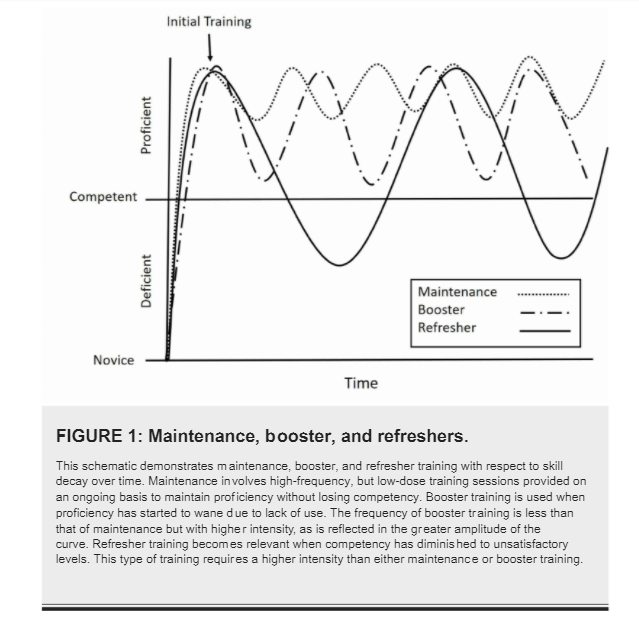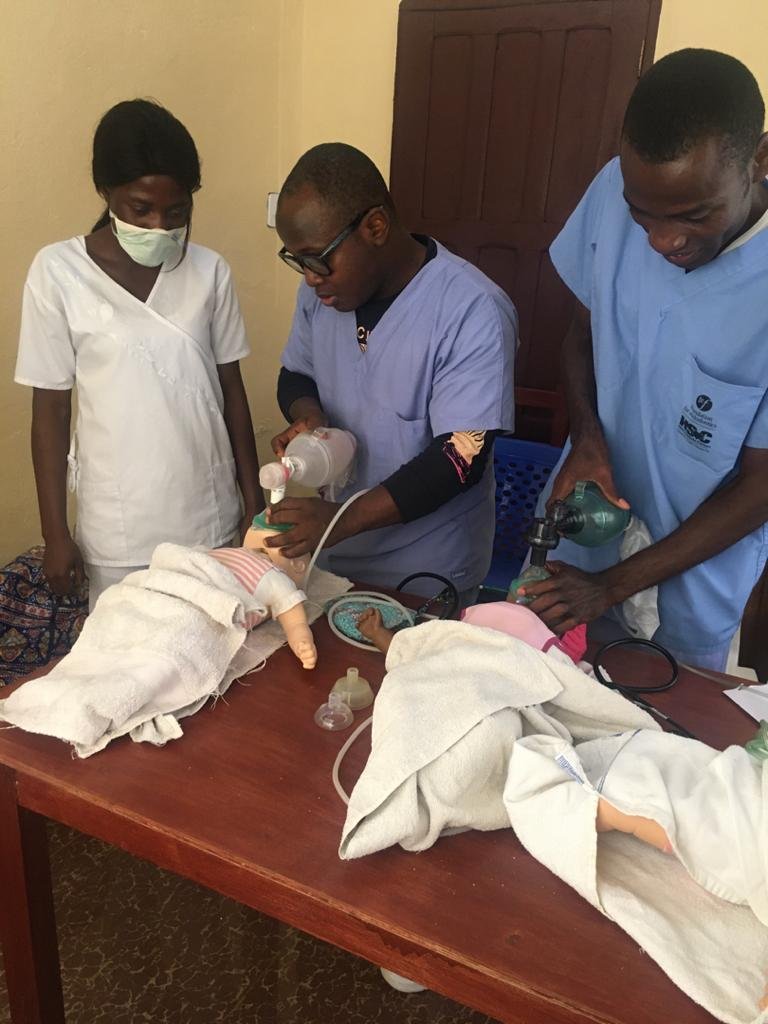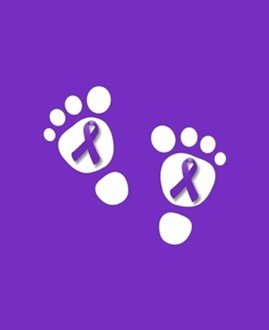Dr Alison Earley
On January 24th 2021, the UN General Assembly proclaimed the ‘International day of Education’ to celebrate the role of education for peace and development.
“At the peak of the pandemic, schools were actually closed for 91% of learners, or 1.5 billion pupils and students. It then became apparent to everyone that education was a global public good and school was more than just a place of learning: it was also a place that provided protection, well-being, food and freedom. (…) On this International Day of Education, UNESCO invites you to promote education as a fundamental right and the most powerful aid to development that we have. Defending the future of this right means defending the right to the future.” – Audrey Azoulay, UNESCO Director General, on the occasion of International Day of Education 2021.
Although the focus is often on the importance of educating children, the day also emphasised how lifelong learning can empower people, and is central to meeting the sustainable development goals*.
NICHE International has had success in training nurses, doctors and midwives in resource limited settings, like Cameroon and Liberia, to improve the care of newborn babies.
Educational levels, language and experience differ among course participants, which increases the challenge of promoting their learning. However, even when the teaching styles are unfamiliar, the overwhelming majority are very motivated and respond with enthusiasm .
Most importantly, although training in adult education as a discipline is recent in Africa**, local trainers have been stimulated and empowered to improve their skills as teachers. These local trainers have taken on teaching their own courses and, while unable to travel, NICHE International is supporting them remotely.
*Education is also a powerful catalyst – for combating poverty and inequality, improving health and well-being, and overcoming discrimination. UNESCO International Day of Education. https://en.unesco.org/commemorations/educationday
** The Psychology of Adult Learning in Africa. Thomas Fasokun. Anne Katahoire. Akpovire Oduaran PsychologyAdultlearningAfricaViaUNESCO


